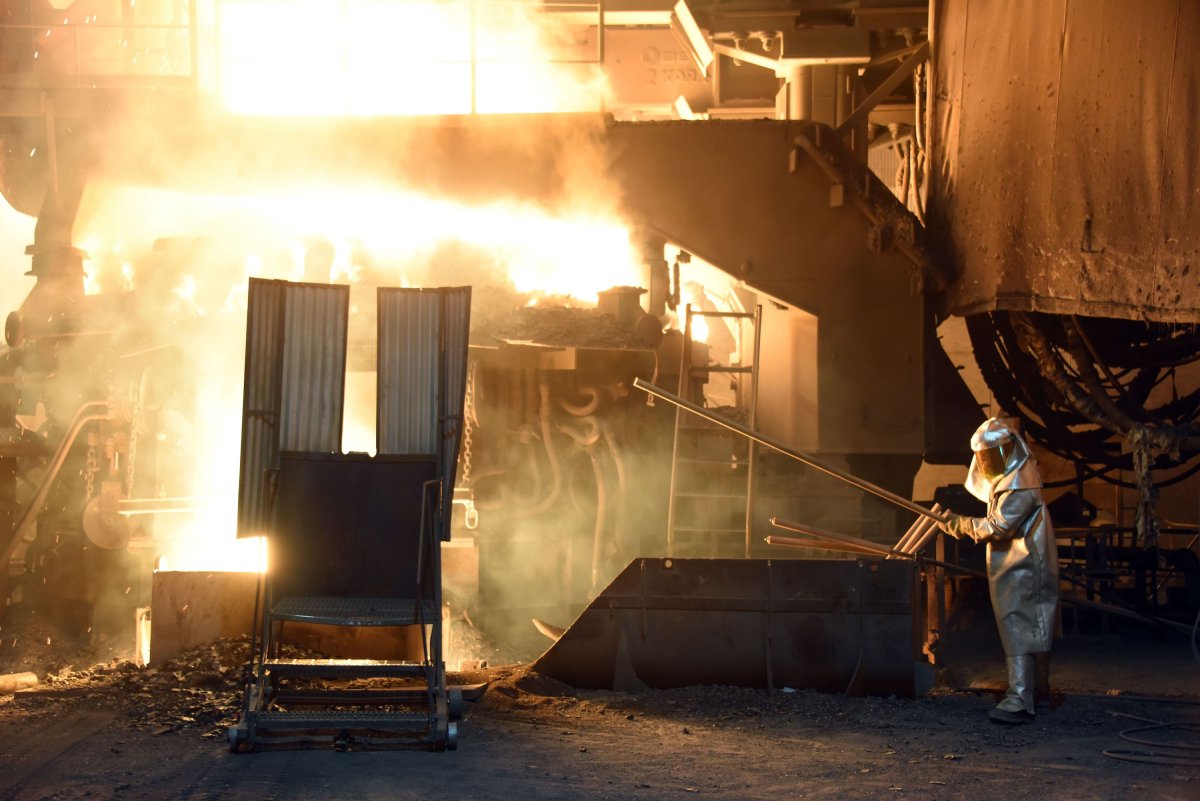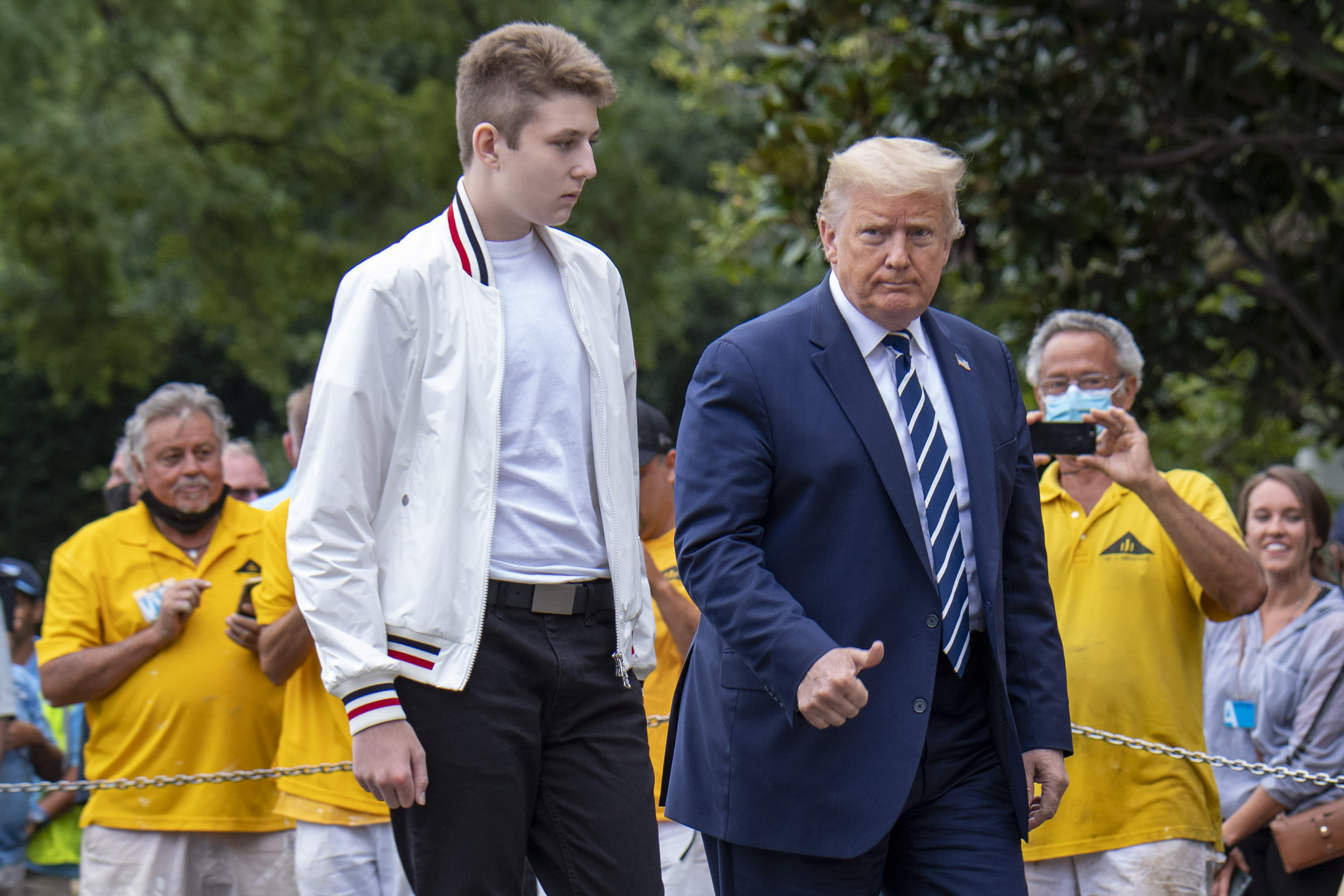In a bold stride that represents more than just a corporate transaction, Japan's Nippon Steel has agreed to acquire U.S. Steel for $14.9 billion. This landmark deal is a testament to the Japanese firm's confidence in the American market and, importantly, in the future of U.S. manufacturing under the Biden administration's industrial policy. However, despite its potential, the acquisition has stirred bipartisan political backlash in the United States. This reaction, while understandable in the current economic and geopolitical climate, overlooks several crucial benefits that this deal brings to the American economic and strategic landscape.
To understand the benefits of Japanese stewardship, it's instructive to consider U.S. Steel's current predicament. Despite maintaining a fairly large output volume, the company has fallen behind, technologically and financially, to both international competitors and other American steelmakers. The company's blast furnaces, and other facilities in general, are exceptionally old and out of date. Its failure to plan and invest in the future has been evident for years.
Consider the company's handling of electric arc furnaces (EAFs). At present, 70 percent of American-made steel is produced using EAFs, which use electrodes to melt scrap metal. This method is more efficient than blast furnaces and is environmentally friendly, since it recycles scrap metal instead of making steel from fresh iron. Yet despite the trend toward EAFs having started in the United States in the 1980s, U.S. Steel only opened its first EAF facility in 2020, and currently only operates two of them. This indicates an exceptional degree of complacency on the part of the company's management, which has failed both to update older facilities and invest in new ones.
The company's domestic competitors, meanwhile, have pulled ahead. Nucor surpassed U.S. Steel in production in the mid-2000s, as did Cleveland-Cliffs more recently. Steel Dynamics Inc., founded as recently as 1993, has already achieved nearly 70 percent of U.S. Steel's output. Overall, although the U.S. steel industry is widely thought to be in decline, most American steel manufacturers have succeeded in modernizing and remain globally competitive. U.S. Steel has not.
It is in this context that the Nippon Steel deal must be considered. The Japanese firm's commitment to innovation and efficiency could lead to significant improvements in U.S. Steel's production processes, energy consumption, and overall product quality. Consider, for example, that while U.S. Steel operates 11 blast furnaces and 2 EAFs for a total capacity of about 22.4 million tons of steel a year, Nippon operates 13 blast furnaces and one EAF plant but has a total capacity of around 66 million tons of steel. In other words, despite having a similar amount of furnaces, Nippon Steel has three times the capacity of U.S. Steel.
What about the national security implications of the deal? Republican Senators J.D. Vance (Ohio), Marco Rubio (Fla.), and Josh Hawley (Mo.) dispatched an open letter to Treasury Secretary Janet Yellen describing Nippon Steel as a firm "whose allegiances clearly lie with a foreign state" and insisting that the Committee on Foreign Investment in the United States, which Yellen chairs, "can and should" block the acquisition. Not to be outdone, Democratic Senator John Fetterman (Pa.) declared that "it's absolutely outrageous that [U.S. Steel] have sold themselves to a foreign nation," and vowed to halt the transaction, expressing concern for the fate of U.S. steelworkers.

These sorts of objections are flawed. For one, Nippon Steel isn't subject to Tokyo's whims any more than U.S. Steel is to Washington's. For another, there is an unstated fear that the Japanese company will destroy jobs and move steel production abroad. This is absurd; it is American companies, not Japanese ones, that are too shareholder-oriented and inconsiderate of the fate of ordinary workers. U.S. Steel was hemorrhaging jobs long before the buyout; its workforce shrank from around 29,000 in 2018 to 23,000 in 2022, with another 1,000 jobs due to be lost soon due to downsizing. Union leaders, who are upset that the acquisition was not brought to them, weren't able to do much about those losses.
In contrast, Nippon paid a significant markup for U.S. Steel, meaning it has a vested interest in ensuring a successful turnaround. One of the company's strategic goals is to reach 100 million tons of global steelmaking capacity, meaning it can't afford to close plants. Moreover, Nippon has already declared it will honor all of U.S. Steel's union contracts. If anything, if the company is successful in modernizing U.S. Steel and integrating it into Nippon Steel's wider value chain, the number of jobs available to American workers would actually increase.
Arguments that U.S. Steel ought to be acquired by another U.S. company are similarly flawed. If U.S. Steel had accepted the offer made by Cleveland-Cliff, for example, the resulting company would have had a monopoly on U.S. blast furnace steel production and a commanding share in the market of steel used by the U.S. auto industry. Given FTC chair Lina Khan's ongoing anti-monopoly crusade and objections from the auto industry, the merger probably wouldn't have gone through.
Moreover, it is instructive to compare Nippon Steel's acquisition with other foreign investments in the American steel industry. Consider the acquisition of U.S. steel mills by Ukrainian oligarch Ihor Kolomoisky, who is now facing charges for money laundering and fraud. As detailed by the Pittsburgh Post-Gazette, Kolomoisky and other Eastern European oligarchs bought up over a dozen U.S. steel mills and left behind ruins. If protecting the U.S. steel industry is of such concern, wouldn't it make more sense to investigate more shady entities and figures that lack a track record like that of Nippon Steel's?
More importantly, the Nippon Steel acquisition dovetails with key U.S. strategic interests, particularly in the context of the AUKUS alliance and Washington's increasing focus on the Indo-Pacific theater. The United States, in its pivot towards addressing the challenges posed by China, requires a robust and technologically advanced industrial base. Steel is a critical component in shipbuilding and other defense-related manufacturing. Japan, as a key U.S. ally in the region, shares these strategic concerns and makes for a natural partner in this endeavor. This view was expressed by none other than Nippon Steel's president, Eiji Hashimoto, who specifically stated one of the reasons for the acquisition was to "create a free-world champion in an industry dominated by China."
Nippon Steel's acquisition of U.S. Steel thus isn't just a business transaction; it's a strategic alignment of interests. With Japan's technological prowess and commitment to quality, the United States can expect a significant boost in its manufacturing capabilities, essential for maintaining a competitive edge in the international environment.
Carlos Roa is a Visiting Fellow at the Danube Institute. He is the former executive editor of The National Interest and remains a contributing editor of that publication. Siddhartha Kazi is an undergraduate student studying Industrial Engineering at Texas A&M University. He has written for The National Interest.
The views expressed in this article are the writers' own.
Uncommon Knowledge
Newsweek is committed to challenging conventional wisdom and finding connections in the search for common ground.
Newsweek is committed to challenging conventional wisdom and finding connections in the search for common ground.
About the writer
To read how Newsweek uses AI as a newsroom tool, Click here.






